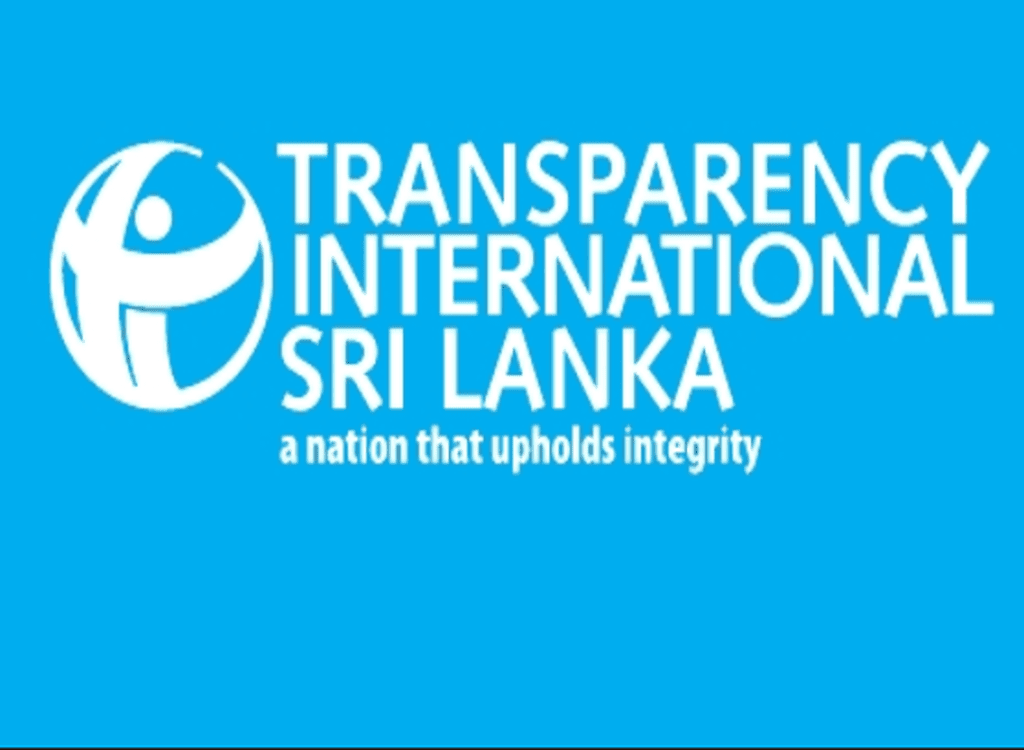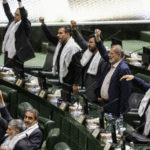Transparency International Sri Lanka (TISL) filed legal action on Thursday 19 June 2025, in the Supreme Court challenging the Bill to amend the Companies Act No. 07 of 2007. The petition has been filed in the public interest.
The amendment introduces a critical anti-corruption tool – a Beneficial Ownership Information (BOI) register. TISL contends that beneficial ownership of a company is a national security imperative, in as much as, anonymous or opaque corporate structures are frequently used for transnational illicit financial flows, funding of organised crime and terrorism, fronts for foreign influence operations, and laundering proceeds of crime.
A BOI register ensures that companies disclose the individuals who ultimately own or control them, thereby exposing hidden ownership structures that facilitate corruption, money-laundering, illicit financial flows, conflicts of interest and tax evasion. This reform has been a long-standing demand of TISL and is central to Sri Lanka’s post-crisis governance agenda, which aims to restore public trust and economic stability.
The petition focuses on Clause 7 of the draft Bill, which seeks to introduce a Beneficial Ownership Information (BOI) register – a critical anti-corruption mechanism designed to identify individuals who ultimately own or control companies.
However, TISL contends that the Bill’s current structure undermines this objective by restricting public access to vital ownership data.
TISL argued that anonymous and opaque corporate structures are widely exploited for illicit financial flows, organised crime, terrorism financing, foreign influence operations, and money laundering. Establishing a robust, transparent BOI register is essential to combat these threats and is a key element of Sri Lanka’s post-crisis governance and anti-corruption agenda.
Despite Government pledges in the Governance Action Plan 2025 and the National Anti-Corruption Action Plan 2025–2029 to establish a publicly accessible online BOI register, the draft Bill, according to TISL, falls far short of these commitments.
The petition requests the Supreme Court to determine that Clause 7 of the Bill is inconsistent with, and/or violates Article 12(1) and Article 14A of the Constitution that enshrines the Right to Equal Protection of the Law and Right of Access to Information.











Leave a comment